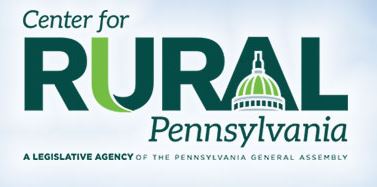
According to a study funded by the Center for Rural Pennsylvania, between 1999 and 2018, suicide rates across the state significantly increased. In 2018, the researchers said, the suicide rate in rural areas of the state was 25% higher than in urban areas.
While the study of suicides showed that the rate is higher in rural areas, those numbers may be even higher still, researchers said.
While the study didn’t specifically address the causes of the discrepancy in suicide rates in urban and rural areas, it did look at some of the indicators of higher suicide rates.
Higher numbers of handgun sales per 1,000 residents, lower levels of education, lower incomes, larger populations over age 65, and higher levels of unemployment all correlate with higher county suicide rates, the study found.
“In terms of our particular report, we are not able to deduce exactly why those rates have been increasing,” said Dr. Daniel Mallinson, one of the study’s authors. “But others whose work has looked at that…they’ve been able to gather some quantitative evidence on that. For instance, there’s been a rise of deaths of despair, particularly in rural areas in the US, and not just in suicides but also in overdoses and alcohol-related deaths.”
The researchers connected these deaths of despair to the loss of quality of life and less economic opportunities, which have had “substantial impacts on people’s lives directly and on people’s resources but it also has damaged or undermined communities and families.”
Beyond the quality of life issues, according to the National Advisory Committee on Rural Health and Human Services, rural areas also tend to be at higher risk due to limits in the “accessibility, availability, and acceptability of mental health care services.”
Rural counties tend to have smaller ratios of mental health providers per capita. For instance, in Sullivan County, Pennsylvania, there are only 16 mental health providers per every 100,000 people, according to the Pennsylvania Department of Health. Compare that to Montgomery County, Pennsylvania, with 333 mental health providers per 100,000. And 23 of the 24 Health Professional Shortage Areas in Pennsylvania, identified by the U.S. Health Resources and Services Administration as areas that have a shortage of healthcare professionals, are rural areas of the state.





